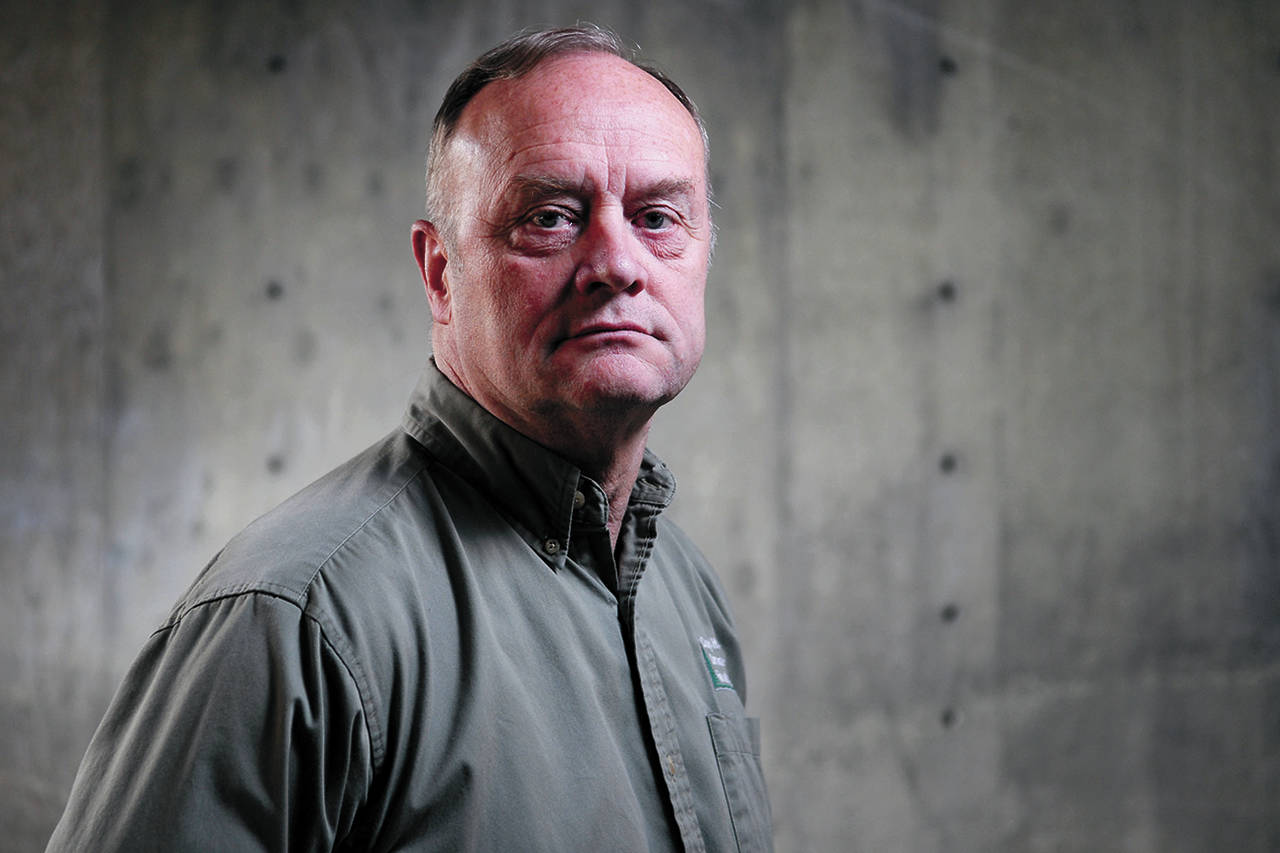By Jim Daly
I have been trying to watch some of the many TV shows that are being aired lately about combat in Iraq and Afghanistan and the war on terrorism. It isn’t working well for me. Have any of you been watching?
I think it is great that there is interest in these conflicts by the general public. At least I am assuming there is interest because there are so many different shows, both documentary and fictional. Many of the shows are making attempts to make them appear realistic. To show what combat is like. Some are using actual combat footage.
Even though accurately representing combat is impossible — the sounds, the smells, the adrenalin, the pain, the fear, the exertion, the exhaustion — but they are trying, and I appreciate that. It is good because the public can get some hint of what it is like. Having served 22 years in the Marine Corps, a year in Vietnam, and having supported both Grenada and Desert Shield/Desert Storm (the Iraq War), I appreciate the effort.
The trailers and the shows include quotes such as, “Ain’t nothing out there like you think. No training can prepare you for it. No glory. No heroes. Just pain and death.” And: “Some days your pride in serving America is over the moon. Other days you are just bankrupt, completely spent. You wonder how you can continue to live.”
These statements are too true. They are true for any combat situation. These recent conflicts are very different than Vietnam. Very different from Korea or World War II. Nonetheless, they are hard to watch after my experiences. After watching some of these shows, my dreams are stronger. They are more frequent. They are even more intense.
I have heard the same thing from Desert Storm vets, Korean vets and World War II vets. I have heard from many of them that they are suffering more today from post-traumatic stress disorder (PTSD) than ever before. I suspect that these TV shows have some influence on this.
The truth is the memories never go away. Some of us are more successful in subordinating them than others. Some of us are better able to adjust. It doesn’t matter how intense your experiences were. Or how many intense experiences you had. They still live with you. During my disability evaluation by a Veterans Administration psychologist, he confirmed that I had combat-induced PTSD; however, he concluded: “You are too well-adjusted to qualify for disability.”
I agree with that. There are many who really need the help. Who are truly disabled by these experiences.
I have had more than 40 years of life after combat, more than 25 years after the Marine Corps. And it has been good. I married a beautiful woman, and we (she more than me) raised two great children who now have their own families. I have had several great and successful jobs.
Some combat veterans have not been so lucky or well adjusted. Some are completely non-functional. Some are heavily medicated, Some have completely withdrawn from society. Some are homeless or live a solitary life in the woods.
But, there are efforts by many to help with these issues they have. The Veterans Administration, the Veterans of Foreign Wars, the Marine Corps League, the American Legion and many other veterans organizations have programs intended to provide help. Some civilian programs are designed to help veterans. And they do help. Many severely affected veterans have been saved by these programs, by these efforts. Many have returned to civilian life. Many have held down good jobs, married, and raised or are raising families.
Most all of us still suffer from some level or guilt, anxiety, remorse, depression, pain, conscience or shame. World War II, Korea, Vietnam, Grenada, Desert Storm, Iraqi Freedom and Afghanistan veterans all still suffer. You never forget. You can never forget. I don’t want to forget. Some do.
I have been a member of the Veterans of Foreign Wars (VFW) for more than 35 years. I have served that organization in many capacities, for many years, so that the VFW programs can serve the veterans who need it, in the way they need. Whether they want to forget, need medical treatment, need psychological treatment or want to remember. Those programs provide the assistance needed. Provide the assistance wanted.
These TV shows can bring back hard memories for veterans. They can awaken or reawaken PTSD symptoms. But maybe, just maybe, those shows can help those who did not experience war or conflict to some level of understanding of those who did. Maybe that understanding will help people to volunteer to help those who did. To help those who still need help.
You can help, too. You don’t need to be a VFW member, or to have served in combat. You don’t have to have served in the military at all. All these organizations can use volunteer help, so can the Veterans Administration. There are many functions needed in many areas and communities. Volunteers can be used in hospitals, retirement homes, homeless shelters, in the clubs. Even individual veterans — maybe your neighbor, co-worker or acquaintance — can always use a friend, someone to listen to them. Just someone to talk to.
Maybe you too can serve our country and its veterans by volunteering. I will as long as I live. I am proud to have served my country in the Marine Corps for 22 years. I am glad that I was born, raised and live in the United States. I love this country. I would defend her again any day.
Capt. Jim Daly (retired), U.S. Marine Corps, is a past commander of Aberdeen VFW Post 224.


